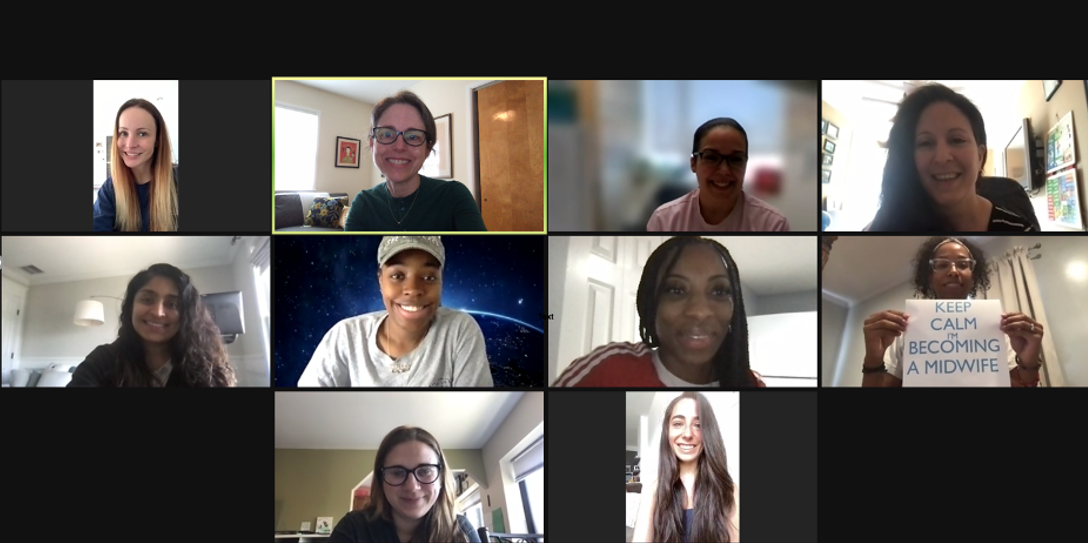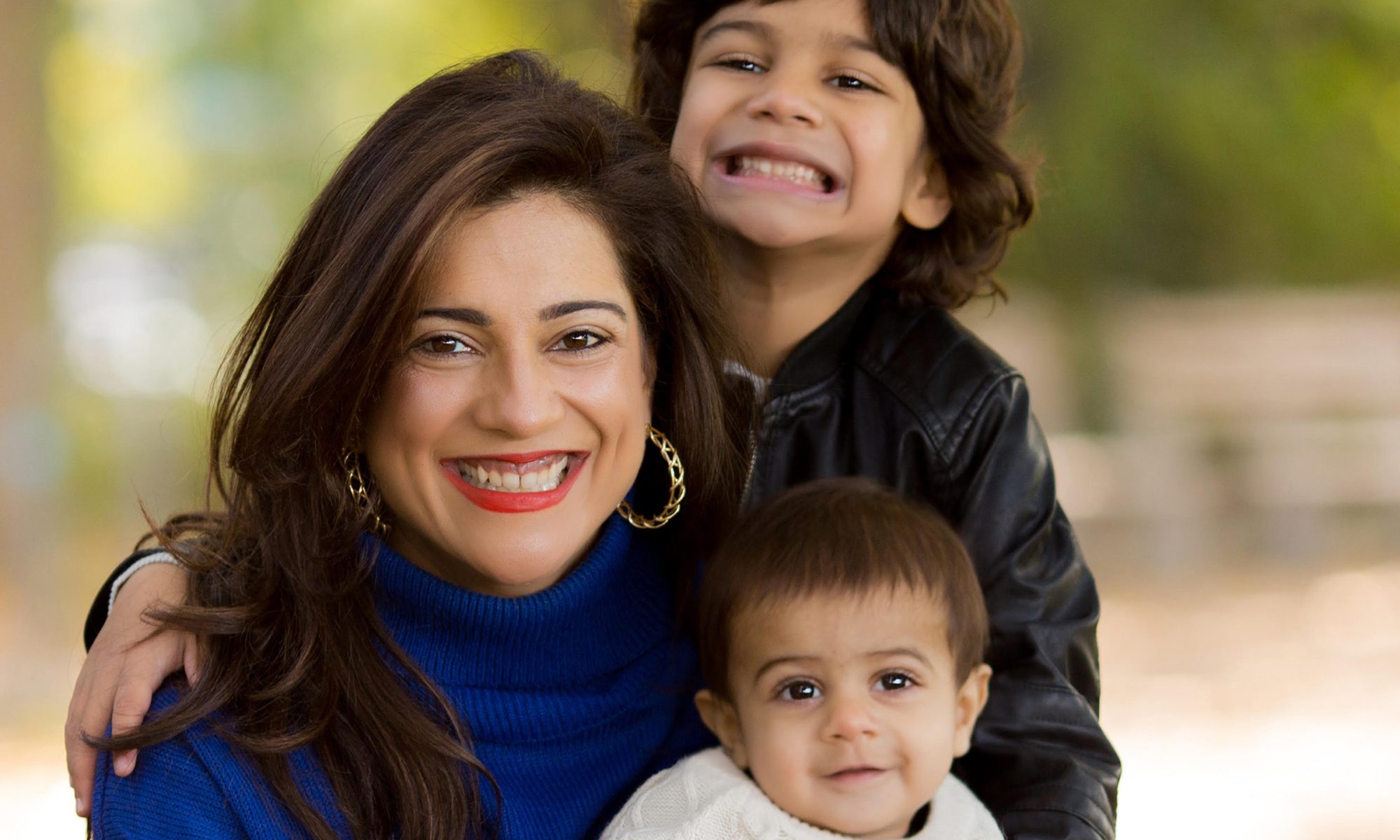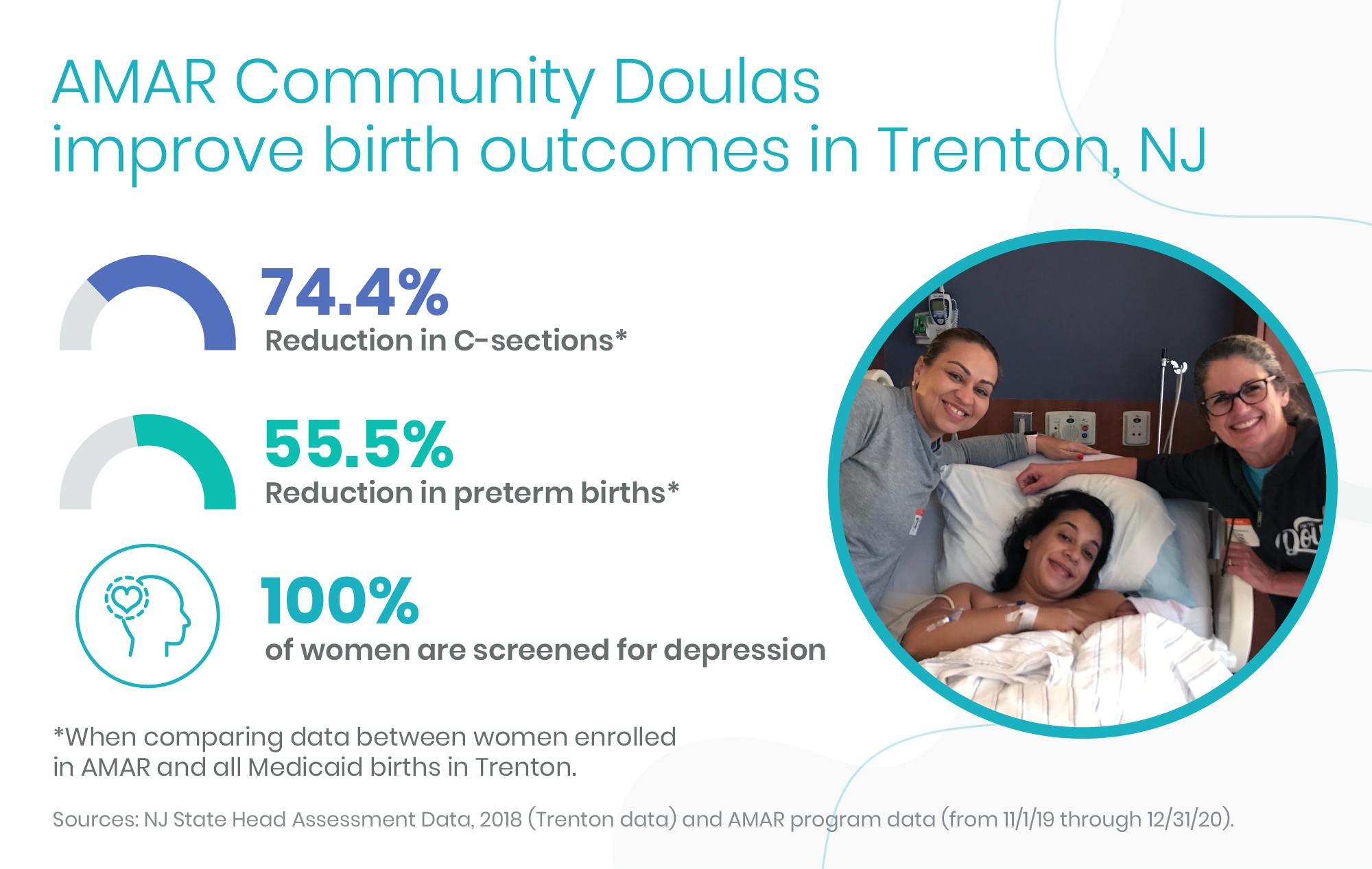This week, we highlight World Maternal Mental Health Day, drawing attention to the essential mental health concerns women face. The COVID-19 pandemic has taken a disproportionate toll on women — with working moms bearing the brunt of home-schooling and childcare, leading to over 2 million women leaving the workforce.
Looking ahead to Mother’s Day on Sunday 🌷, we believe it is vital to lift the work of women and honor the work of mothers. We recognize that when we invest in women and girls, we are investing in the people who invest in everyone else.
Please read on and we invite you to click through the links to go deeper.
Click HERE to view the inaugural edition of Starting Early.
1 Big Thing: 1 in 5 women experience a postpartum mental health disorder
The problem: Pregnancy brings life changes that can make women more vulnerable to perinatal mood and anxiety disorders. Clinicians often don’t spend enough time discussing mental health with pregnant women and new moms, which can lead to long-term health issues for mothers and families.
- When mothers experience significant stress, depression, or anxiety during pregnancy, their children are at a greater risk for poor birth outcomes and mothers have an impaired ability to bond with or care for their child.
- As many as 50% of women across racial and socioeconomic lines don’t report postpartum depression when they experience it.
- Studies show that women of color are less likely to receive treatment and less likely to receive follow-up treatment even when initial treatment starts.
New data shows that having a supportive community can protect against depression:
- “I learned from the personal experience of living with a mental health condition how hard it was to actually get the resources and support necessary for people to thrive. So, I decided to create Sista Afya in February 2017, and we provide just that. Community support for Black women with mental health conditions at an affordable cost.” – Camesha Jones, Founder, Sista Afya
- Melinated Moms runs virtual support groups: What’s on Your Mind Wednesdays and Melinated MommyTalks. Join these groups for open conversation and connections.❤️
“Lack of social support is a strong risk factor for developing a pregnancy-related mental health condition. Mental health support sets up a pregnant woman to successfully transition to parenthood and contributes to the important and dynamic relationship she will have with her baby.” – Mariel Benjamin, LCSW, Program Director, Mount Sinai Parenting Center.
If you or a mother you know is at risk, call the national helpline.
2. Dispatches From the Field: Moms Deserve More

Meet Reshma Saujani, founder of Girls Who Code and author of Brave, Not Perfect. Girls Who Code has reached 450,000 girls to date — 50% of whom are girls of color — and 500 million people overall through campaigns and advocacy work. Passionate about closing the gender gap in the workforce, Reshma recently joined with 50 other prominent women to call on the Biden Administration to implement a Marshall Plan for Moms. This bold 360-plan would get moms back to work and pay mothers for their unseen, unpaid labor. She shared with us:
“If the structures of care are fundamentally broken, women will not be able to go back to work. We still don’t have affordable childcare. We still don’t have paid leave. Still, 86% of housework is done by women.”
We discussed with Reshma:
- The gender gap in the tech workforce
- Motherhood during the pandemic
- A call for affordable, quality childcare
- New policies that reward mothers for their unpaid labor
“The idea of Mother’s Day for me, especially this year, is to not give me flowers but to acknowledge all of the unpaid labor that women across the globe do. Instead, give me support.”
Introducing the $800 billion Mother’s Day Bouquet, exclusively from the Moms Deserve More Flower Store.
3. New Models of Care: Community Doulas
Doulas are trained professionals who provide physical, emotional, and educational support to mothers before, during, and after childbirth.
The big picture: Community-based doulas strengthen social support, reduce stress on pregnant women, connect families to community resources, and improve birth outcomes.
The AMAR program, run by Children’s Home Society of New Jersey, recently celebrated its first year of service, during which it provided birthing support to over 50 women.
- The first group to offer free English and Spanish language community doula training to Hispanic women in New Jersey.
- On jobs: “Our doula programs are more than just a maternal health solution. The doulas we train then become trainers and business owners themselves. They have the expertise and the competency and we need to think hard about how to give those with lived experiences the platforms to sustain their work. That kind of representation matters.” – Asst. Commissioner Lisa Asare, NJ Department of Health
Funding doula care: New Jersey is one of the first five states to cover doula services as a Medicaid benefit, making preventive care more accessible. ✅ Legislators are assessing programs like AMAR to increase access to services and broaden reimbursement eligibility.
One Smile to Go: The Next Generation of Nurse Midwives

Midwives are health professionals that provide an array of health care services for women from adolescence beyond menopause. They support women’s health during labor, delivery, at birthing centers, home, or at the hospital, and after the birth of their babies.
- Though integrating midwives into health systems improves birth outcomes, only 8% of babies in the U.S. are delivered by certified nurse midwives.
Glaring disparities: By 2019, births among people of color had risen to almost half of US births, but the nurse midwifery workforce remains 90% white.
We know:
- Reducing barriers to participating in midwifery programs will help create a more racially and culturally diverse midwifery workforce.
- When patients and providers are of similar racial backgrounds, improvements are seen in quality of care, communication, and overall patient satisfaction.
Meet the Rutgers Nurse Midwifery Class of 2022 🩺, reflecting NJ’s talented and diverse midwifery workforce.


